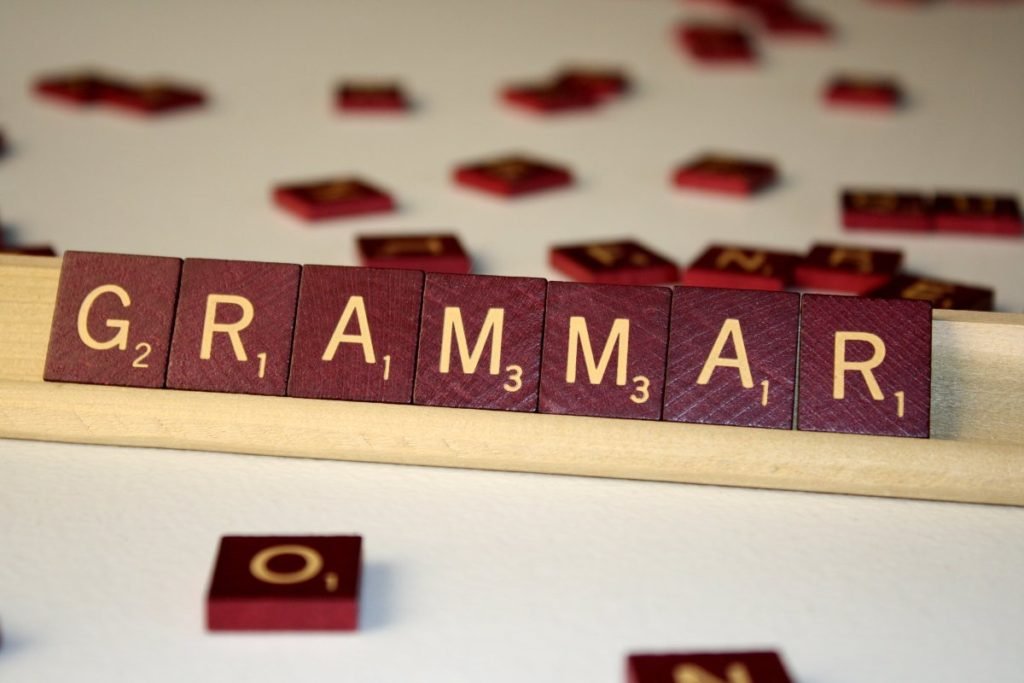
Phonology
Students should understand the regularity of the relationship of sounds and letters in Slovenian, from the point of view of both accurate pronunciation and spelling in written Slovenian.
Syntax and Morphology
|
Verb |
· tense and personal (singular, dual, plural) suffixes |
|
– present |
|
|
Adverb |
· formation |
|
Noun |
· case · gender |
| Adjective |
· declension |
| Pronoun |
· personal |
| Numeral |
· cardinal – declension, case |
|
Sentence & Phrase types |
· statements |
| Negation | |
|
Semantics and Pragmatics Vocabulary The type of vocabulary included will depend largely on the discourse forms, activities, settings, roles and topics selected: · compound words Cohesive Devices · conjunctions Routines (formulaic expressions), Fillers and Exclamations Style · formal and informal forms of address |
|
